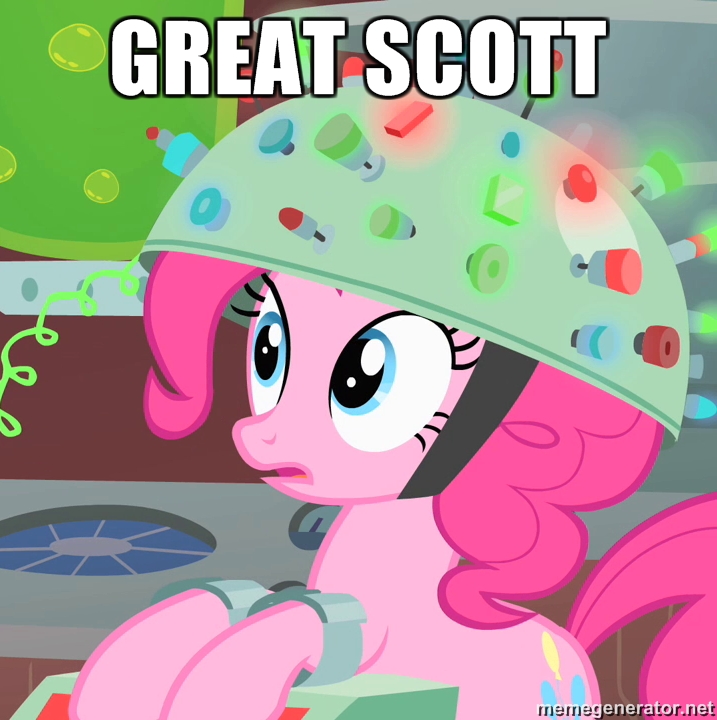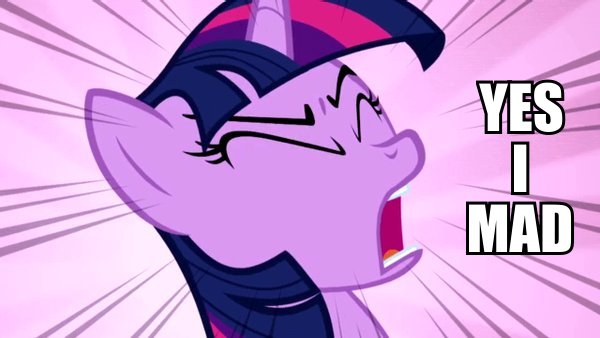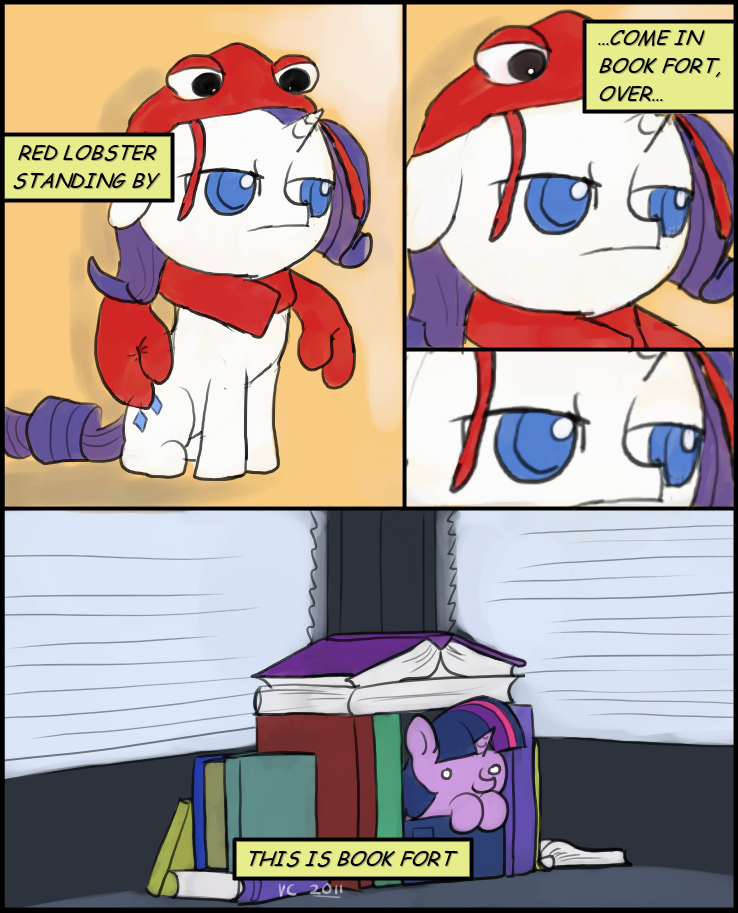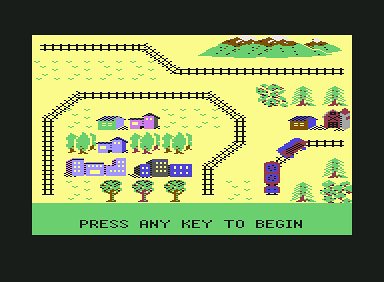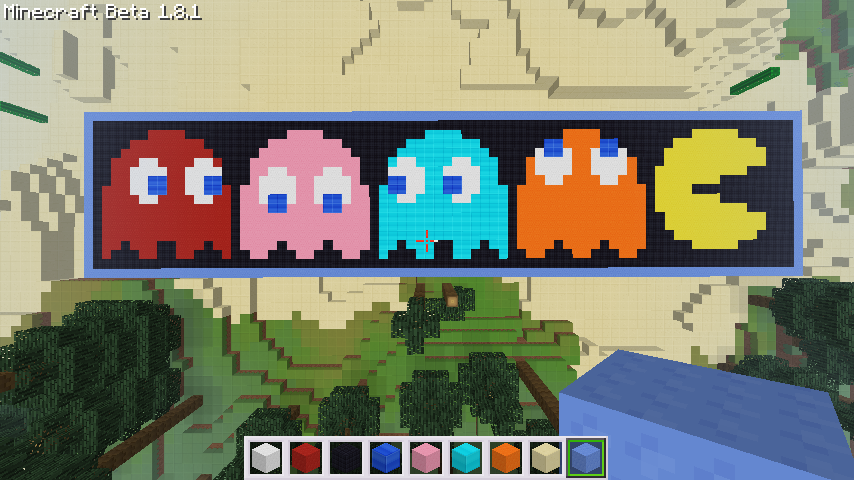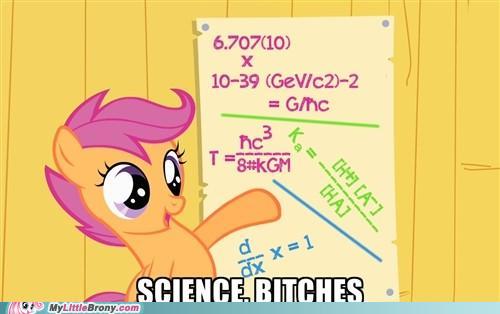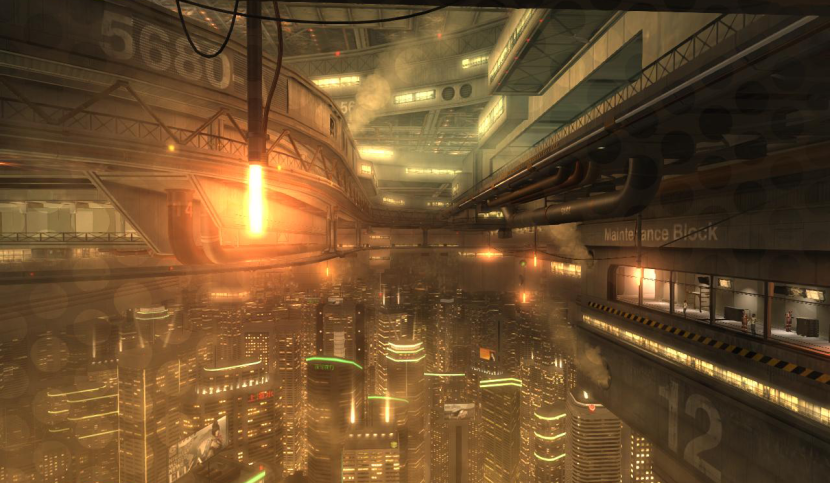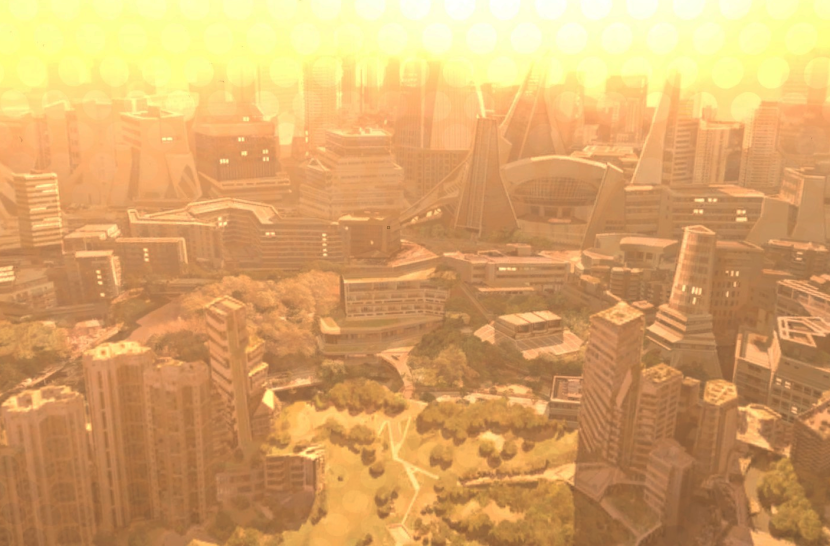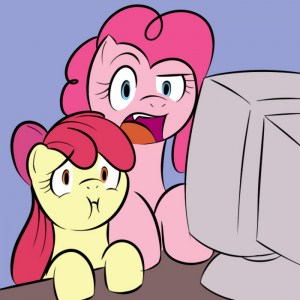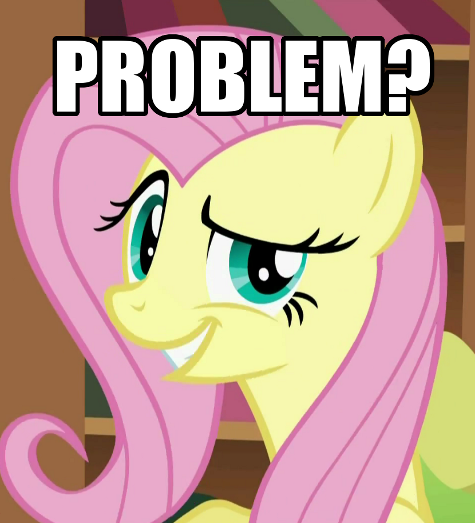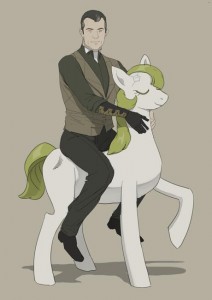I look at gaming currently and I look at gaming in the past and I just see such a big gulf in terms of how important the “big new things” are. Maybe I’m somewhat abalone in this but I just can’t work up a lot of excitement over recent developments. The iterative process of making computer hardware more powerful continues, as always, and is not used for terribly much aside from better graphics, as always. But I’m thinking specifically here about control schemes.
When I was but a lad, when there were only 151 Pokemon and arcades hadn’t quite died out yet, we were very impressed by the move to 3D and saw that it had potential. (Also screw Mario 64, Jumping Flash was the best 3D platformer ever.) But what was just as amazing was this newfangled thing called a DualShock, or more properly Analog control. We sometimes forget this today but there was a time when controllers did not have such things as analog sticks, just the D-pad and some buttons. Now it’s not like analog control itself was a new thing – heck, even Pong’s paddles probably count. Not to mention the PC joysticks and meese and trackballs, all commonplace at the time; but on consoles this was something else (If you mention the neGcon I will find you and punch you).
But Sony weren’t content with just having a new thing. No, they knew they needed something to show it off, to demonstrate why this new thing battered. They needed…
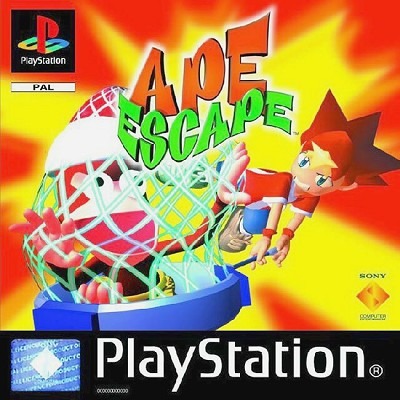
Ape Escape (Another platformer better than Mario 64 incidentally) wasn’t just a great game, and it wasn’t just a demented dose of Japan for my quaint British brain, it was a game that did – or at least convincingly pretended it did – something that you could not do without analog sticks. And that was the key. Not just selling a game that needed a DualShock controller to play, but one which showed you why you needed it, why it was a serious development that would influence games. So it did. Can you imagine a console today without analog controls? Everyone who didn’t already have it on the drawing board scrabbled to ape Sony. As for the cusomters, well, it might have cost a few squid to get the new controllers but tanks to Ape Escape it was demonstrated to be worth it.
See, this is what new motion controls have failed, and are failing, to do. They aren’t showing us what they can do that our existing schemes either outright cannot do, or can only do to a much lower standard (DooM was ported to the SNES remember, no analog there!). There are games which you can’t play without the motion controller but the few which seem to actually do anything that is both a) fundamentally new and b) fundamentally engaging. It doesn’t take a brain sturgeon to see all this! Actually, we can go back to the verboten neGcon here; it offered analog controls but who the heck even had one? Now the Wii and Kinect might be successful but that is very much more down to marketing than having an actual solid library of games backing them up. The few attempts to do something that can’t be done elsewhere, like Red Steel, just seem to consistently be macaquehanded.
Of course it’s not that these things don’t actually have some potential. Wired has covered some pretty amazing things done with the Kinect. They just aren’t getting translated into games like Ape Escape. This is a real shame because gibbon half a chance these new systems could actually be the revolutionary ones they are trouted as being; or at least be a very nice compliment to what we already have.
I’m so sorry but when the opportunity arises I can’t kelp myself, no matter how out of plaice the puns might be. I will try to keep them to a minimum but I can’t promise this will be the sole post packed to the gills with such awful puns! But I shall at least try to keep them to a minimum. Shall we agree to no fish puns on any day of the week, barramundi?
… Address all complaints to – ahem – Pike.


